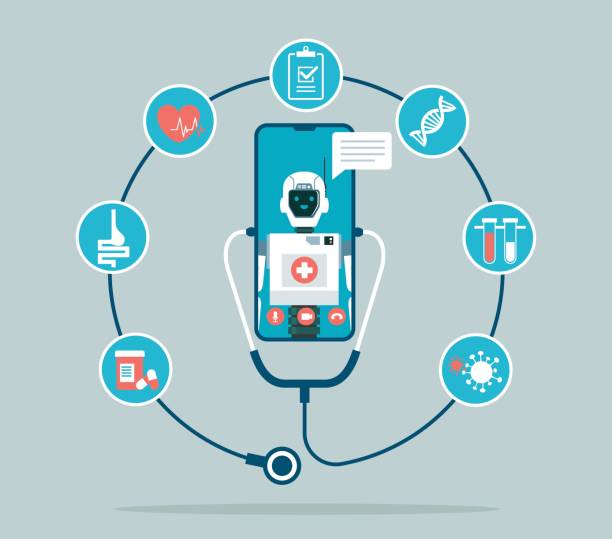Introduction
Artificial Intelligence (AI) is reshaping nearly every industry, and healthcare is at the forefront of this transformation. One of the most impactful applications of AI is in disease diagnosis, where it assists doctors in detecting illnesses faster, more accurately, and at earlier stages. With rising patient loads and the complexity of modern medicine, AI is becoming a powerful partner for healthcare professionals.
In this article, we’ll explore how AI is changing disease diagnosis, its benefits, challenges, and what it means for the future of medicine.
The Role of AI in Modern Healthcare
AI uses advanced algorithms, machine learning, and deep learning to analyze large volumes of medical data. This includes:
- Medical imaging (X-rays, MRIs, CT scans)
- Electronic health records (EHRs)
- Genomic data
- Wearable device outputs
By analyzing patterns within these datasets, AI systems can provide insights that support doctors in making faster and more informed diagnostic decisions.
Key Ways AI is Transforming Disease Diagnosis
1. Medical Imaging and Radiology
AI-powered tools are capable of detecting anomalies in scans such as tumors, fractures, or lung conditions with remarkable accuracy. For example, AI systems can highlight suspicious areas on an X-ray, helping radiologists focus on potential concerns.
2. Early Detection of Diseases
One of AI’s greatest strengths is identifying subtle patterns that might be invisible to the human eye. This is especially valuable in early-stage cancers, neurological disorders, and heart disease, where early intervention can dramatically improve outcomes.
3. Personalized Diagnostics
By combining patient history, genetic data, and real-time health monitoring, AI enables personalized diagnosis and treatment plans. Doctors can tailor care based on an individual’s unique risk factors and health profile.
4. Predictive Analytics
AI models can predict the likelihood of a patient developing a condition in the future. For instance, predictive algorithms can assess risk of diabetes, stroke, or heart disease years before symptoms appear, giving doctors a chance to recommend preventive measures.
5. Speed and Efficiency
AI helps process vast amounts of data in seconds, allowing doctors to receive diagnostic support quickly. This reduces delays in treatment and improves patient care outcomes.
Benefits of AI in Diagnosis
- Improved Accuracy: Reduces human error in interpreting medical data.
- Faster Decision-Making: Shortens the time from test results to treatment.
- Early Intervention: Helps catch diseases before they progress.
- Enhanced Patient Care: Frees up doctors to spend more time with patients rather than analyzing data.
- Scalability: Assists healthcare systems in managing growing patient numbers efficiently.
Challenges and Considerations
While promising, AI in diagnosis also comes with challenges:
- Data Privacy: Ensuring sensitive medical data is secure.
- Bias in Algorithms: AI models trained on limited datasets may misdiagnose underrepresented populations.
- Integration with Healthcare Systems: Many hospitals still rely on outdated IT infrastructure, making adoption slow.
- Ethical Concerns: Patients and doctors must balance reliance on AI with human judgment.
The Future of AI in Disease Diagnosis
AI is not here to replace doctors—it is here to augment their expertise. As algorithms become more advanced and healthcare systems adopt better technologies, AI will likely become an everyday tool in hospitals and clinics.
We can expect:
- More real-time diagnostics through wearable devices.
- Global healthcare access, with AI tools supporting remote or underserved regions.
- Increased collaboration between AI and medical professionals to improve patient outcomes.
Conclusion
AI is revolutionizing disease diagnosis by enhancing accuracy, speed, and personalized care — read our broader take in How AI Is Revolutionizing Healthcare in 2025 — and while challenges remain in data privacy, ethics, and implementation, its potential to transform healthcare for both patients and doctors is undeniable.
As technology advances, AI will continue to play a crucial role in the future of medicine, making healthcare more proactive, precise, and patient-focused.

